Miss Jamaica tumbles off stage and is carried away on stretcher during Miss Universe pageant













The author has been explaining Sichuan cuisine to westerners for decades. But ‘Fu Xia’, as she’s known, has had a profound effect on food lovers in China, too
Every autumn in the mid-00s, when I lived in China, my friend Scarlett Li would invite me to Shanghai to eat hairy crab. Named for the spiky fur on their legs and claws, the crabs are said to have the best flavour during the ninth month of the lunar calendar. They’re steamed and served whole, with a dip of rice vinegar spiked with ginger. The most prized specimens come from Yangcheng Lake near Suzhou, which is not far from Scarlett’s home town of Wuxi. She had moved to Hong Kong as a child, attended high school and college in Australia, and returned to China to pursue a career as an entrepreneur. Despite her years abroad, she remained Chinese through and through – and eating hairy crab with her, I became Chinese, too.
Beginning in the Tang dynasty in the seventh century, crabs were harvested from the lakes and estuaries of the Yangtze delta and sent as tribute to the imperial court. Twelfth-century Hangzhou had specialised crab markets and dedicated crab restaurants. “I have lusted after crabs all my life,” wrote the 17th-century playwright Li Yu. “From the first day of the crab season until the last day they are sold, I … do not let a single evening pass without eating them …. Dear crab, dear crab, you and I, are we to be lifelong companions?”
Continue reading...
© Photograph: Suki Dhanda/The Observer

© Photograph: Suki Dhanda/The Observer

© Photograph: Suki Dhanda/The Observer
Scientists discover thousands of sea creatures have made their homes amid the detritus of abandoned second world war munitions off the coast of Germany
In the brackish waters off the German coast lies a wasteland of Nazi bombs, torpedo heads and mines. Thrown off barges at the end of the second world war and forgotten about, thousands of munitions have become matted together over the years. They form a rusting carpet on the shallow, muddy seafloor of the Bay of Lübeck in the western tip of the Baltic Sea.
Over the decades, the Nazi arsenal was ignored and forgotten about. A growing number of tourists flocked to the sandy beaches and calm waters for jetskiing, kite surfing and amusement parks. Beneath the surface, the weapons decayed.
Continue reading...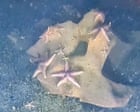
© Photograph: Andrey Vedenin/DeepSea Monitoring Group/AFP/Getty Images
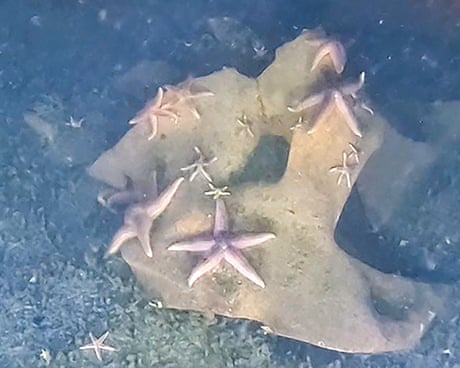
© Photograph: Andrey Vedenin/DeepSea Monitoring Group/AFP/Getty Images
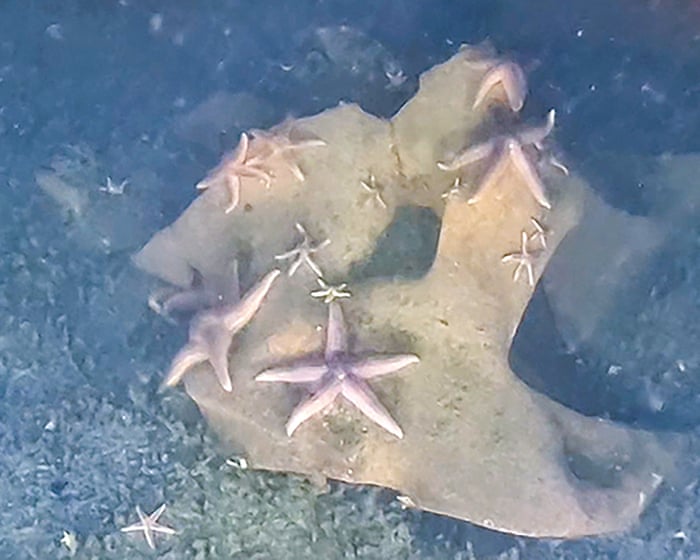
© Photograph: Andrey Vedenin/DeepSea Monitoring Group/AFP/Getty Images
At a youth detention centre in north-east England, the paedophile Neville Husband raped and assaulted countless boys. Why was his reign of terror allowed to go on – and why hasn’t there been a public inquiry?
When I met Kevin Young in 2012 he was in his early 50s, handsome, charismatic, smart – and utterly broken. The moment he started talking about Medomsley detention centre he was in tears.
Young was born in Newcastle, in 1959. At two, he was taken into care, and his parents were convicted of wilful neglect. At eight, at a school in Devon, he was sexually abused by the gardener. At 14, at St Camillus, a Catholic residential school in Yorkshire, he was sexually assaulted by the headteacher, James Bernard Littlewood. But none of this compared with his experience at Medomsley, a youth detention centre in north-east England.
Continue reading...
© Photograph: Trinity Mirror/Mirrorpix/Alamy

© Photograph: Trinity Mirror/Mirrorpix/Alamy

© Photograph: Trinity Mirror/Mirrorpix/Alamy





© Karsten Moran for The New York Times
















Prime minister has accused the Samoa Observer of inaccurate reporting during his eight-week medical stay in New Zealand
Samoa’s only daily newspaper has been banned from attending press conferences with the Samoan prime minister, in a move that critics say threatens the democratic integrity of the Pacific nation.
Relations between La’aulialemalietoa Leuatea Polataivao Fosi Schmidt and the Samoa Observer have deteriorated in recent weeks, with the prime minister accusing the newspaper of inaccurate reporting during his eight-week medical stay in New Zealand.
Continue reading...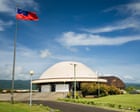
© Photograph: Maximilian Weinzierl/Alamy
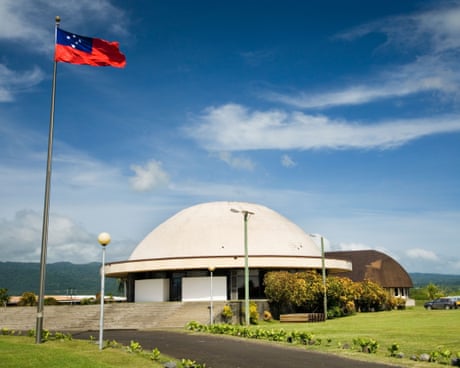
© Photograph: Maximilian Weinzierl/Alamy

© Photograph: Maximilian Weinzierl/Alamy







True to his irreverent style, author of The True True Story of Raja the Gullible (and His Mother) thanks his psychiatrist, his gastrointestinal doctors and his drug dealers
Rabih Alameddine has won the National book award for fiction for The True True Story of Raja the Gullible (and His Mother), a darkly comic saga spanning six decades in the life of a Lebanese family.
The novel, which traverses a sprawling history of Lebanon including its civil war and economic collapse, is told through the eyes of its titular protagonist: a gay 63-year-old philosophy teacher confronting his past and his relationship with his mother and his homeland.
Continue reading...
© Photograph: Shawn Salley/Shutterstock

© Photograph: Shawn Salley/Shutterstock

© Photograph: Shawn Salley/Shutterstock






















